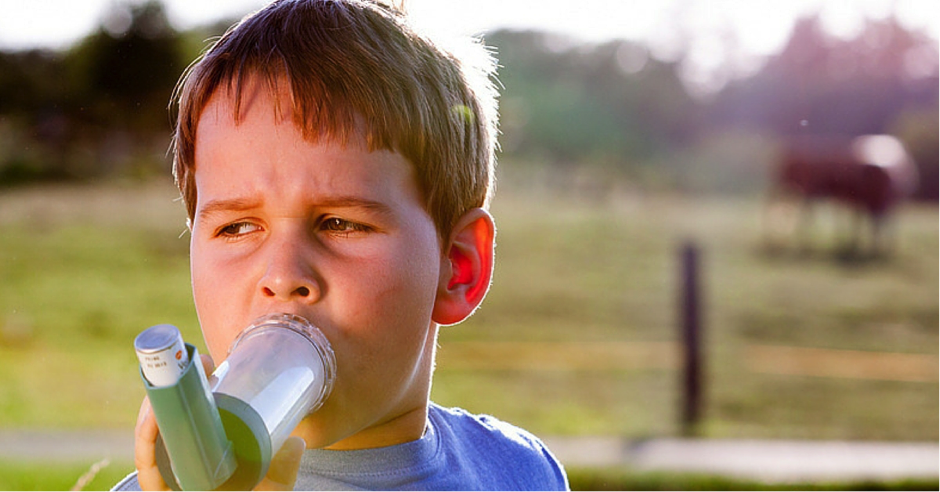What would you do if you were with a friend or family member and their heart stopped beating? A heart attack, cardiac arrest or near drowning can occur suddenly, and every minute matters in saving the person’s life. Learning CPR means you can potentially keep a person alive until help arrives. Here are six things you should know about CPR.
CPR can keep a person alive until medical help arrives.
Once the heart stops beating, it takes three to four minutes for a person to become brain dead. CPR can keep a person alive, and is most effective when done as soon as possible. It works by delivering oxygen into the mouth, and circulating blood artificially by compressing the chest.
Chest compressions are super important.
Oxygen is vital for keeping someone alive, and mouth-to-mouth resuscitation delivers this straight into a person. However, you have a few minutes before delivering oxygen becomes crucial. After the heart stops beating, oxygen remains in the body for a few minutes, keeping the brain and organs alive. But this oxygen needs help circulating, and that’s why chest compressions are crucial.
What’s the correct rhythm? Better Health Channel suggests thinking of the music
‘Staying alive’ by the Bee Gees and performing compressions on the beat.
Defibrillators are more effective than CPR.
You have probably seen defibrillators on TV, if not in real life. It’s a favourite medical tool of Doc Martin, bringing the locals back to life with a few zaps of the portable device. A defibrillator attempts to restore the heart’s natural rhythm by delivering an electric shock to the heart.
Defibrillators are commonly found in shopping centres, schools, community centres and sports clubs.
CPR is unlikely to harm a person, so you should do it even if you’re unsure it will work.
A survey by the Heart Foundation found that 40 percent of people do not feel comfortable in their ability to deliver CPR. One in ten people said they wouldn’t perform CPR on someone they know, due to their lack of ability.
But, if a person has stopped breathing, CPR can mean the difference between life and death, so it’s best to do it even if you’re unsure it will work. CPR is no guarantee that the person will survive, but it improves the chances.
Always call triple zero (000) in an emergency.
Ideally, in an emergency, you are not alone. One person can call an ambulance while the other starts performing CPR. You can always start it yourself and someone else can take over. The key is to keep the CPR going until help arrive. According to St John Ambulance, it takes between nine and 14 minutes for an ambulance to arrive, on average.
First aid courses save lives and you should take one.
There are countless ‘how to deliver CPR’ articles on the internet. But, like riding a bike, it’s difficult to learn the skill by reading about it. The best way to become competent and confident in CPR is to take a first aid course.
There are many organisations that deliver first aid courses, including St John Ambulance, Australian Red Cross and Surf Life Saving. There are also online courses available, but make sure it’s endorsed by a credible organisation. St John Ambulance recommends taking a first aid course every three years, and a three-hour CPR refresher annually.



